“Nothing is more unfair than to treat unequals equally.”
ΑΡΙΣΤΟΤΕΛΗΣ (384-322 π.Χ.), “Πολιτικά”
“οἷον δοκεῖ ἴσον το δίκαιον εἶναι, καὶ ἔστιν, ἀλλ᾿ οὐ πᾶσιν ἀλλὰ τοῖς ἴσοις· καὶ τὸ ἄνισον δοκεῖ δίκαιον εἶναι, καὶ γάρ ἐστιν, ἀλλ᾿ οὐ πᾶσιν ἀλλὰ τοῖς ἀνίσοις·”
Νεοελληνικές αποδόσεις – παράγωγα:
- Δεν υπάρχει τίποτε πιο άνισο από την ίση μεταχείριση των ανίσων.
- Η ίση μεταχείριση των άνισων είναι εξίσου άδικη με την άνιση μεταχείριση των ίσων.
Click here for the ancient Greek original book along with English translation.
(Note: The quote is sometimes (and wrongly) attributed to Thomas Jefferson. The latter was paraphrasing Aristotle.)
ARISTOTLE (384-322 B.C.), “Politics”
English translation:
“…it is thought that equality is just and fair, and so it is, though not for everybody but among those who are equals; and it is thought that inequality is just and fair, for so indeed it is, though not for everybody, but among those who are unequal.”
Variations and derivatives:
- Nothing is more unequal (unfair) than the equal treatment of unequals.
- Equal handling of unequals is equally unfair with the unequal handling of equals.
- Nothing is more unequal than to treat unequals equally.
- There is no greater inequality than the equal treatment of unequals.
Human rights
To avoid any misunderstanding, let me get something straight from the get-go:
Of course, I respect and embrace the fundamental human rights and the human existence itself.
“Equality” has become a paranoia
Treating everyone equally is considered a given in almost every modern society.
However, if anyone “dares” point out any type of weakness of one person over another in a specific domain, or call on any differences we naturally have between us, then that person will be accused for discrimination. The issue of “equality”, it appears to me, has in fact reached a level of paranoia.
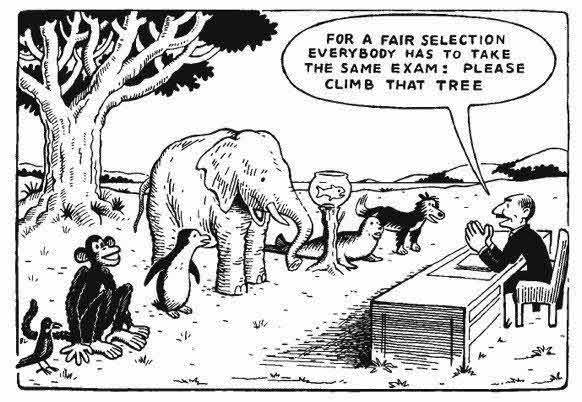
Rational examination of this subject quickly leads to the conclusion that the notion of “equality” is actually a fabrication by humans. One that in fact violates nature itself. Look at this picture here. Each of the seven creatures is given the exact same task.
The absurdity, of course, is obvious because the level of difficulty varies naturally (and not by choice) between each animal. Each one posesses different characteristics and attributes. It is simply not the same for a monkey and a fish to climb a tree. And no matter how hard the elephant trains, he will never be able to beat the monkey in tree-climbing.
Is God discriminating?
Shouldn’t everyone be able to cope in the same manner? Is Nature or God discriminating? (Or any other Supreme Being, or anything Else – you decide.) Is the Creator, perhaps, naive enough to have made such a mistake?
Of course not!
It is reasonable, then, to accept that everything has been manufactured in such a way as to allow everyone to perform a specific task, and contribute to the society’s smooth operation.
We are equivalent or similar, but not equal.
(Είμαστε όμοιοι, αλλά όχι ίσοι.)
Although the DNA composition and arrangement of our genetic material varies, our biochemistry is similar to each other’s. This similarity, however, should in no case imply “equality”.
Εach one of us humans has separate mental and physical capabilities. It is nonsense and a grant offense to appeal to “equalities” in every facet of human and social life. Demanding “equality” in a society where diversity (even among similar types) is expressed in so many profoundly different natural ways, is simply unreasonable.
Isn’t it normal for a child with an inherently strong physical structure to focus in sports? Or a child with an inherently higher intelligence to primarily turn to subjects that relate to the mind? (Mathematics, Science etc.) Of course, I am not implying here that the former shouldn’t receive education, or the latter shouldn’t be involved in sports.
Meritocracy, NOT equality
Societies would be much more productive and efficient if we were able to utilize everyone’s capabilities in the areas they excel naturally. The only way to get there, then, is to structure our states based on meritocracy, and not on equality.
This doctrine of “equality” assumes that everyone is equalized with the ones found at the last node, who cannot grow. (Or else, they would not be at the last node.) We therefore end up holding-back and restricting the most capable ones.
The Law of the Jungle.
Nature is by no means an advocate of equality. Nature is absolutely fair, just and impartial. This is exactly what we define as The Law Of the Jungle. Although this is something we are not prepared to accept – as contemporary and civilized human beings – I still believe that our societies should be governed by the Law of the Jungle:
The most capable in each sector should occupy the corresponding position without election processes.
This is what Nature dictates, and everything else is against nature and abnormal.
The contemporary election process, as we find it in our governments’ electoral systems, is then naturally flawed! A direct derivative of Aristotle’s quote is that only equals can select from equals among them, and that their unequals should have little or no say in the matter.
One-person-one-vote: A grossly-unfair selection process.
Since young age I felt that our political election process is unfair. Why is it that “every person is one vote”? Think of intellectuals, the brightest minds among us, and those who study and educate themselves, those who have something of value to say, and those who have produced work of substance.
Why a vote from any of these “wise men”, as Aristotle calls them, weighs exactly the same as the vote from someone that does not share these same traits and attributes? Or someone who has never properly educated himself on important matters that affect us all? Or, after all, someone with no capacity to process information intellectually and utilize inference engines appropriately?
Natural selection via a weighted point system (well, almost!)
Not exactly a completely and fully autonomous selection process just yet, but wouldn’t a weighted point system be more fair and just? The capable ones would then be selected among themselves. The oil would separate from water. The equals would be separated from their unequals via a fair, natural process, as per The Law of the Jungle.
“But how would we attribute points?” some may rush to ponder. An obvious response: “With examinations, formulated by the more capable ones.”
Ironically, we already use point systems
If you are resisting to the idea above that a weighted vote makes sense, then think of the irony that we already use point systems as mechanisms for separating equals from unequals. In doing so, we essentially crash the very notion of “equality” and admit that equality is a fallacy, a fabrication by humans.
Most modern selection processes would collapse without point systems. Everyone would enter Universities, companies, or any job. Didn’t you ask for “Equality”? Then give everyone a driver’s license, with no examination. Examination means a selection process, which means fewer will go through, which means “Equality” collapses.
So, why not use examinations to determine how much our vote counts? Why should my future (and yours) depend on the equal, collective decision of unequals?
RELATED, AND ALSO FROM ARISTOTLE:
“The wise man should not receive, but give orders. The wise man should not be obedient to others; instead, the less wise should be obedient to him.”
Original quote in ancient Greek:Ου γαρ δειν επιτάττεσθαι τον σοφόν αλλ’ επιτάττειν, και ου τούτον ετέρω πείθεσθαι αλλά τούτω τον ήττον σοφόν.
Modern Greek translation:
Ο σοφός δεν πρέπει να δέχεται εντολές αλλά να διατάζει, και όχι αυτός να υπακούει σε άλλους αλλά σε αυτόν να υπακούν οι λιγότερο σοφοί.
Treating unequals equally quickly leads to unfair situations. Here are some examples:
Trump, the U.S. president
He was elected in 2016 after winning 63 million votes (46%). But he is unfit to govern. His supporters’ continuing and stubborn persistence to still resist is astonishing. (A neuroscientist explains what may be wrong with Trump supporters’ brains.)
How come, despite all the evidence, (more here, and here) they still believe Trump is fit for president?
NOT researching the issue doesn’t get them off the hook. “Not knowing” doesn’t either. Why, then, should their vote have the same weight as the rest?
Think of the 320 million people living in the U.S: Under Trump, getting proper healthcare has become more complicated than ever, their country is less safe (because security is compromised), and they feel threatened by N. Korea’s lunatic leader. Also, the democratic values in their country are diminishing (because the President is asking FBI’s director Comey, who is investigating the White House, to drop the investigation, who denies to do so, then the President fires him).
Also, consider that Trump’s voters (63 million) have overall less education, compared to the 65 million of his opponent voters. (See also 2016 U.S. Demographics Analysis.)
To add insult to injury, psychologist David Dunning (The Dunning-Kruger Effect: On Being Ignorant of Once’s Own Ignorance) thinks people voted for Trump not only because of their ignorance, but because “they don’t know just HOW uninformed they are“.
So, 320 million Americans now suffer because the vote of 65 million educated and informed people counted equally to the votes of 63 million ignorant people with less education. How is this fair, in fact to ALL 320 million of them?
(Sidenote: In the U.S., even with a system of 1-person-1-vote, it was possible for 63 million to beat 65 million. This is another paranoia, not to be discussed here.)
Self-inflicted wounds. Who is to save us from …ourselves?
Ironically, those same 63 million, incapable of reaching a sound decision as to whom to vote for, also suffer themselves from their own uninformed choices. Shouldn’t the more capable ones be able to protect them too from their own oblivion and incapacity? If their vote counted less, the problem would have taken care of itself automatically.
Sidenote. Trump’s explanation (and his supporters’)
To be fair to Trump (and to his supporters who still believe him), we must also present HIS side’s counter-argument to all this. He denounces all the evidence by simply accusing the media for spreading fake news. However, The Trump Tweet Tracker is … “a thing” these days, and we know that one in four of Trump’s tweets contains fake news.
The situation in Cyprus, where I was born.
This paranoia of “1-person-1-vote” and “everyone is equal” has let us to a tragic dead-end in the case of Cyprus. I have written in-length on this subject, including “Το Ψευτοδίλημμα” (in Greek) (“The Pseudo-Dilemma”).
Opinions
What is this thing about “opinions”? “I am entitled to my own opinion” most people say. I disagree. Unless of course you have the facts, the knowledge and the capacity to express an opinion on a certain subject. I have debated the issue extensively in “‘Opinions’ – When People Remain Unpunished“.
The suggestion alone that not everyone’s opinions should matter equally, immediately leads to crucifixion on the grounds of – supposedly – discriminatory, dictatorial, autocratic and oppressive views.
However, as examined in the present essay, NOT everyone is equal. Then, why should everyone’s opinion’s treated equally? Isn’t this grossly unfair?
If I sell pizzas for a living, I ride my Harley in my free time, and have never read or written anything, nor can I acquire and process information intellectually, what business do I have debating Quantum Physics with Steven Hawkings?
Simply put, the “right to having opinions”, I argue, is a fabrication from people incapable of acquiring and processing information intellectually. It’s a tool they invent in order to hide their ignorance, their own inner conflicts, phobias and past wrong-doings. It’s a mechanism that allows them to squeeze into certain groups of their choice (satisfying their own agendas, many times hidden), just by aligning with the group’s “opinion”.
The entitlement of expressing “opinions” is immensely powerful. So much in fact, that people are willing to guard it with “their own life”.
Only similar people can judge one another
Another derivative from Aristotle’s quotes is that people should only judge others similar to them, or less capable from them. Anything else is, again, against Nature and simply abnormal.
How can someone with no particular knowledge on a particular subject matter enter a discussion with someone else who has studied that same subject extensively? (Answer: Because of “entitlement”. The former feels entitled to his opinion. “Think again”, Aristotle argues.)
A paradox – People with less capabilities get on the driver’s seat
A great, contemporary example, again, is the story of Trump in the US, and the millions of people who elected him, despite the clear indications that his was unfit to govern. (Side note: At the time of election campaigning we had strong indications. Now we have evidence. However, his fans still believe him and in him.)
As discussed above, his voters were among the less educated, with less tendency to belong to scientific communities, groups of researchers, writers, and other intellectuals, from poorer sectors of society, etc., therefore less capable to acquire and process information intellectually. But Trump, who is unfit to govern, is now in control because of them.
One could argue, then, that in our societies we allow people with less capabilities – the ones who voted for Trump in this example – to get behind the wheel. Shouldn’t the more capable ones drive?
The lion in the jungle cares less!
He is this king of the jungle, no one can deny that, and no one can have an “opinion” as to the opposite.
This is the inescapable and Natural Law of the Jungle, which so gracefully dictates that “equality” is nothing but a human fabrication and a paranoia.
If you like this article, link it using the social networking buttons below. Help make this a better, more fair and rewarding world, for everyone.
If you have something to share on this page, I encourage you to use the comments section below.
If you wish to discuss my views in this article, you can reach me directly using this form.
Before you contact me, please make sure that you first understand Aristotle and his quote, and you can make the diacrisis between “Democracy” and “Equality”. I am always interested in a debate, but not in a “debate”. I do not respond well to blubbering and nagging, or to unsubstantiated claims, or to attempts to distort what I am saying. I am very much interested in your opinion, if you have one and you care sharing it. However, I am NOT interested in your “opinion” (link). If you wish to attack my views just to hide or mask your Inner Conflicts, sorry, I’ve got nothing for you.
I reserve the right to publish only comments I consider appropriate and useful for everyone. My blog, my rules.

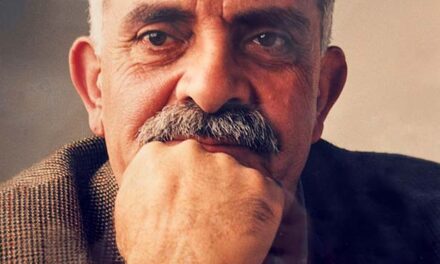


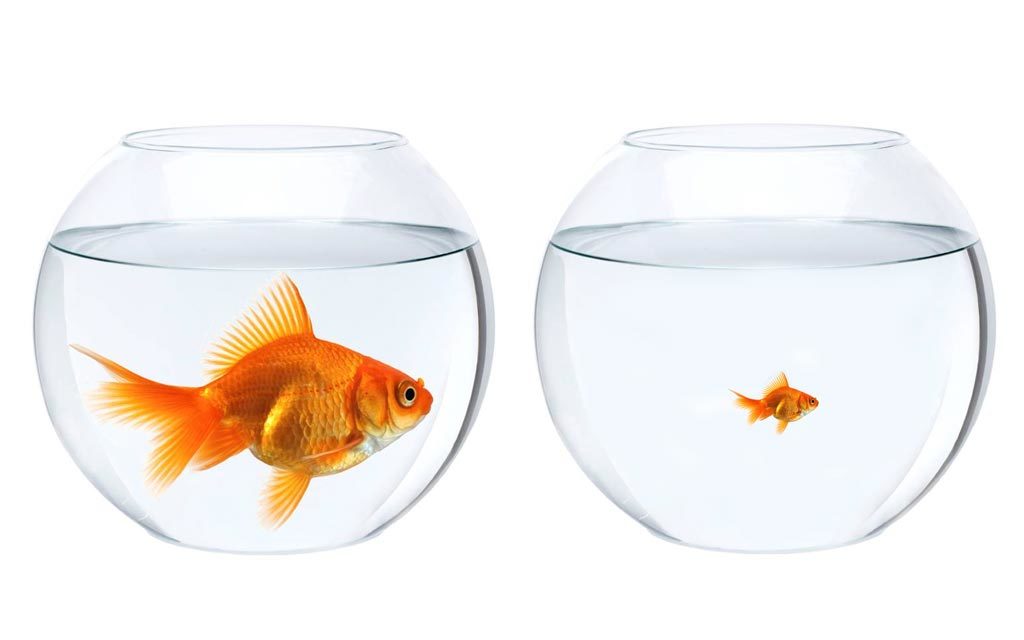

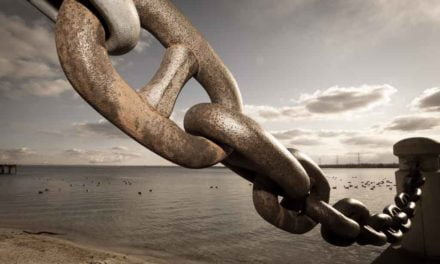
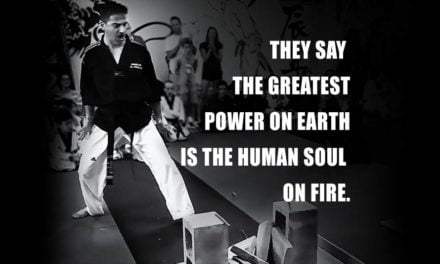
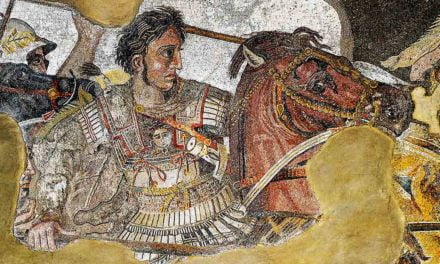
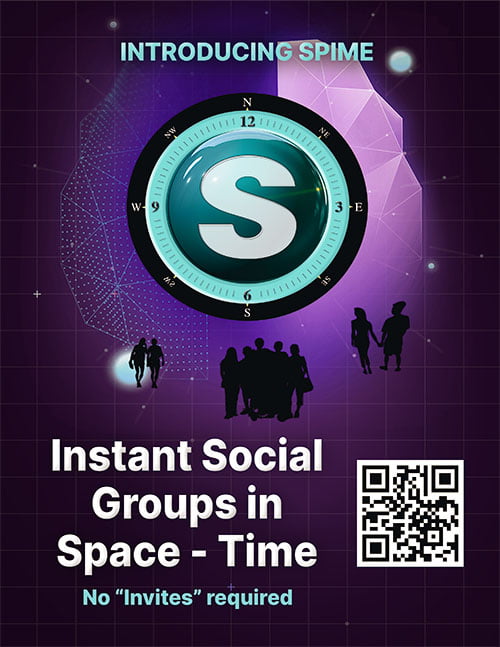


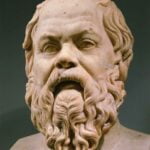





RECENT COMMENTS